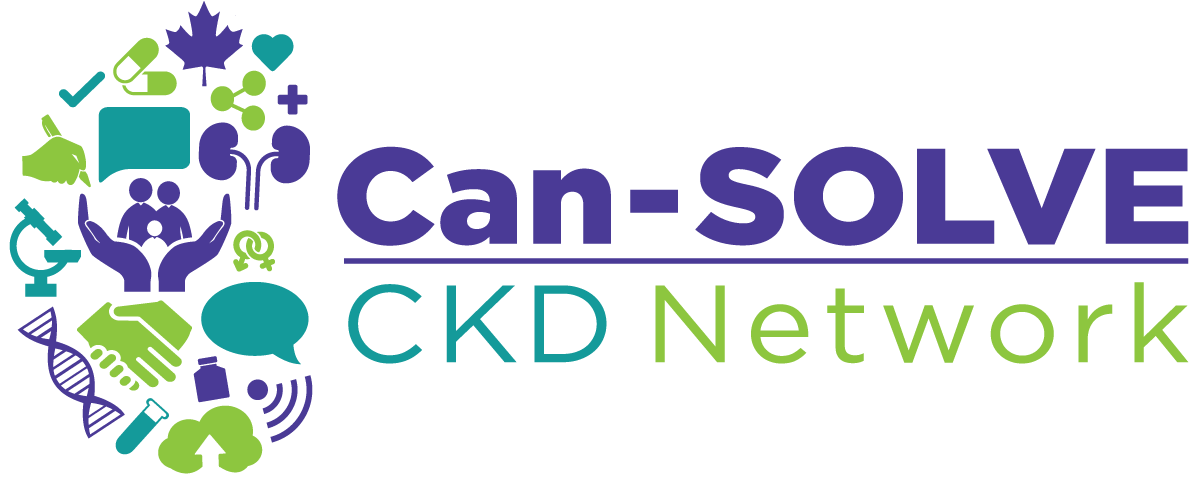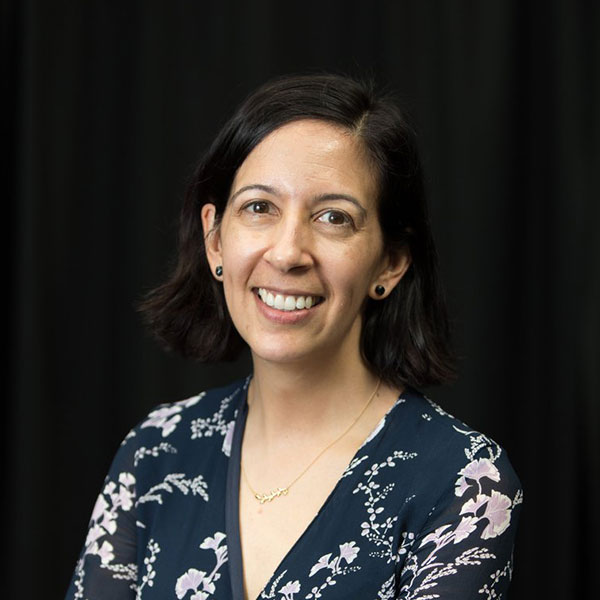Introducing Our EDI Champions
Across the Can-SOLVE CKD Network, we strive to transform treatment and care for all Canadians living with or at risk for chronic kidney disease.
We have a shared responsibility and commitment to advancing equitable, patient-oriented research of the highest quality through our core values of inclusion, cultural competency, and collaboration.
This year Can-SOLVE CKD welcomed two EDI Champions, Glenda Roberts and Dr. Sofia Ahmed, as part of our authentic commitment to advancing equity, diversity, and inclusion in research.
These EDI Champions will promote the inclusion and advancement of groups historically excluded or underserved in health research to enhance equity in research, training, and knowledge mobilization. This involves recognizing and reducing systemic barriers, mitigating biases, and supporting the inclusion of diverse perspectives in the patient-oriented research community.

Sex and gender in research
There is increasing recognition that sex and gender factors must be considered in all stages of research, from identification of knowledge gaps to dissemination of study results.
With guidance from Dr. Sofia Ahmed, Can-SOLVE CKD Sex and Gender Champion, the network’s research projects are integrating sex- and gender-based analysis into their study protocols. Incorporating these factors results in more impactful science that ultimately improves the outcomes of all individuals living with kidney disease.

Did you know?
100% of the Can-SOLVE CKD Phase 2 applicant team has completed CIHR’s Sex- and Gender-Based Analysis Training.
Core values
As we transition to our second phase, we have implemented a core values statement to guide us.
This policy statement, created in conjunction with patient partners, Indigenous network members, and researchers, articulates our commitment to advancing equitable, patient-oriented research of the highest quality through our core values of inclusion, cultural competency, and collaboration.
An internal working group reflecting the network’s diversity drafted and reviewed the policy statement, which was shared publicly this year.
Our core values are shaped by the guiding principles of Looking, Listening, Learning, and Leading. These principles have been articulated by Indigenous patient partners during development of the Wabishki Bizhiko Skaanj Learning Pathway:
- Looking within to observe and examine racial identities, privileges, and biases
- Listening to diverse voices and stories
- Learning about the impact of systemic racism and colonialism on health
- Leading through genuine partnerships with individuals and communities
Overlaid on these “4Ls” are “6Rs” that provide a framework for living out our core values through action (Respect, Reciprocity, Relevance, Responsibility, Relationships, Real).
The specific actions listed in the core values statement are meant to be a living document for the network to change and expand as it practices together. These principles will inform our second phase.






